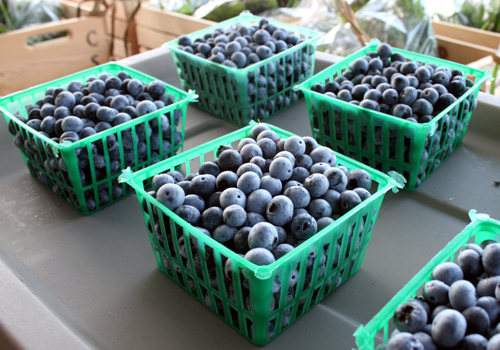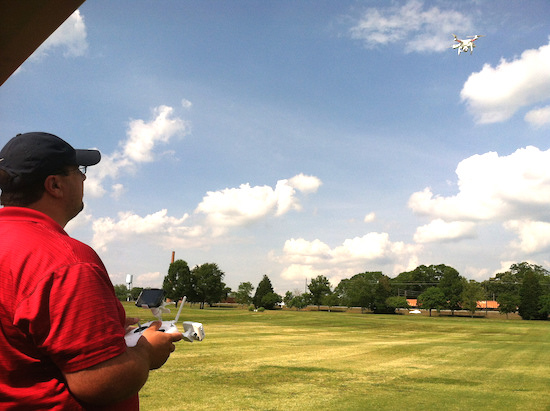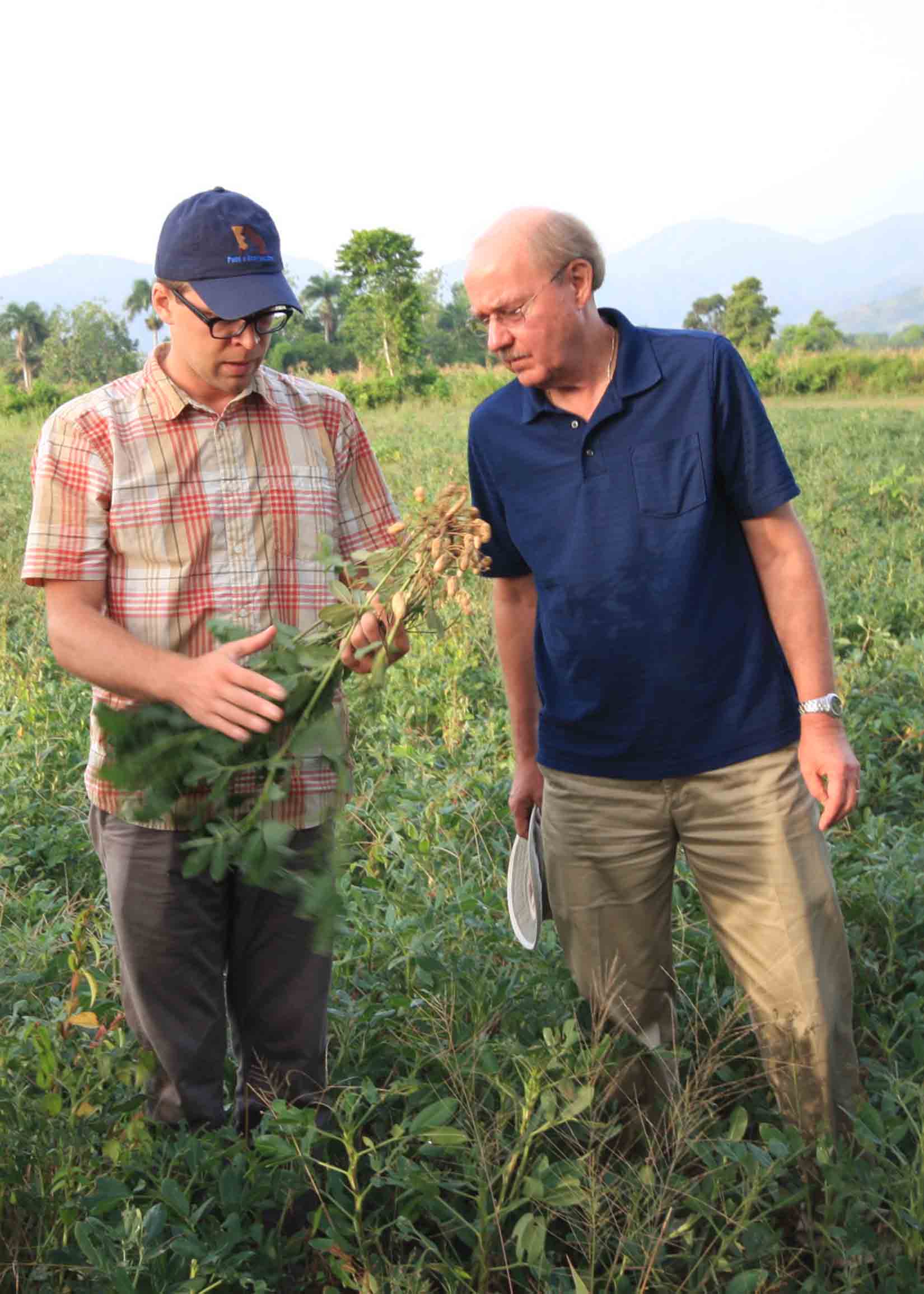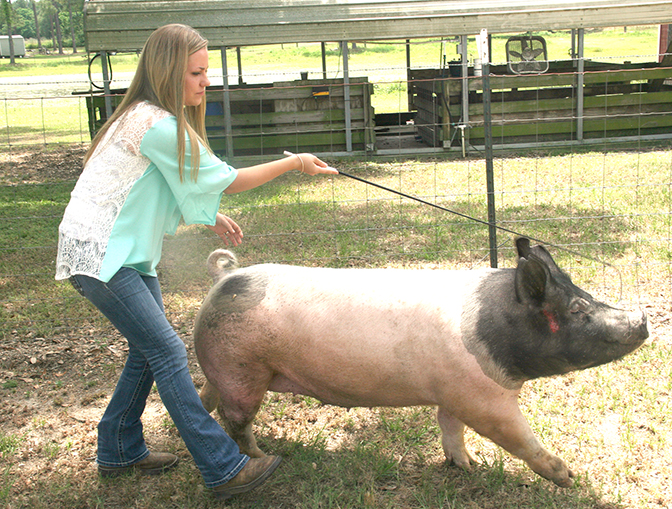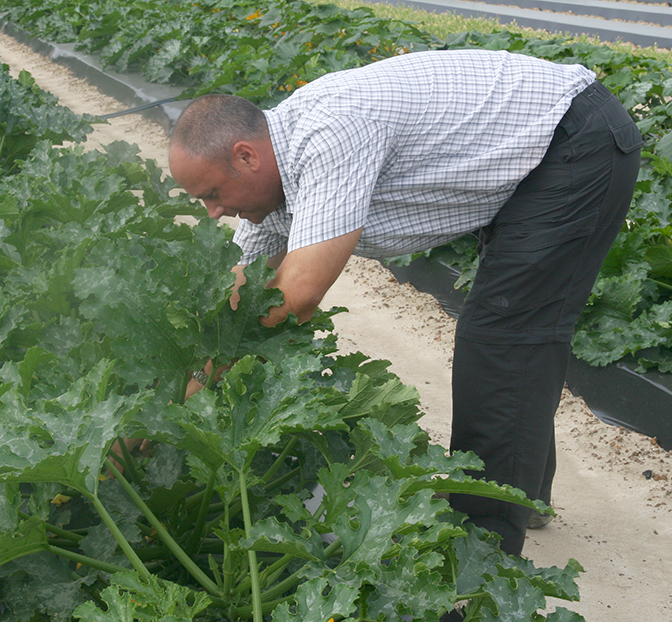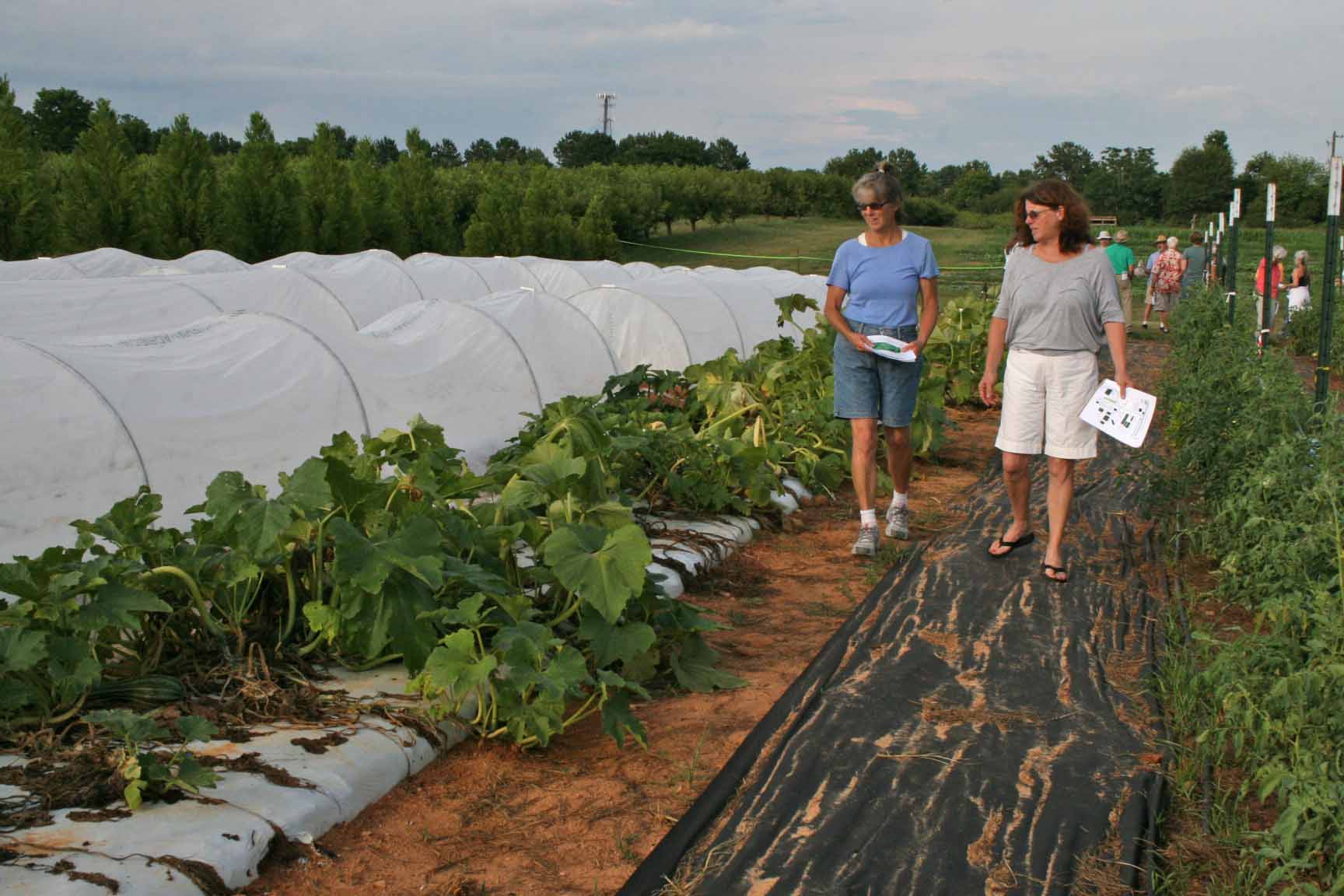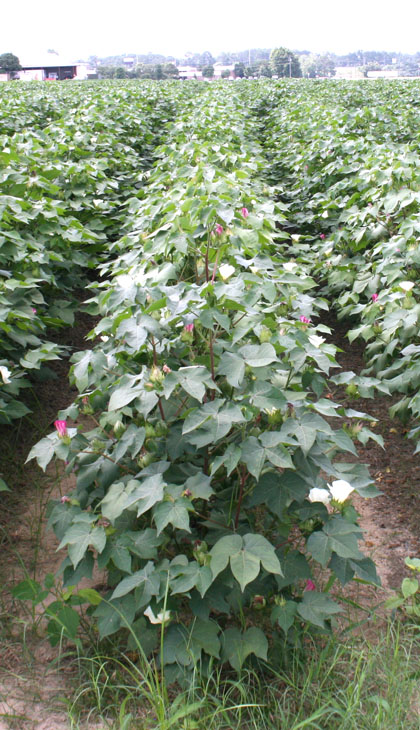 CAES News
CAES News
UGA Extension to hold annual cotton scouting school in Tifton, Midville
University of Georgia Extension will host a pair of cotton scouting schools in June. The programs will be held on Monday, June 8, in Tifton, Georgia, and Tuesday, June 16, in Midville, Georgia.

